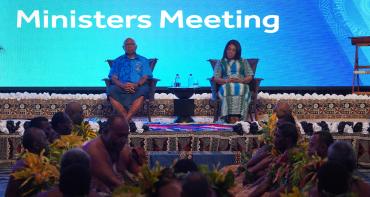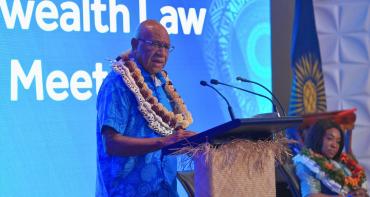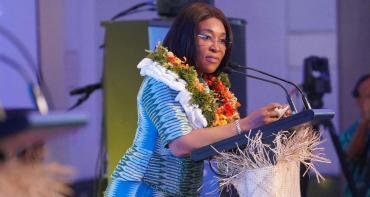Improved information management systems are vital in developing more robust monitoring of Commonwealth nation’s human rights obligations, a survey has found.
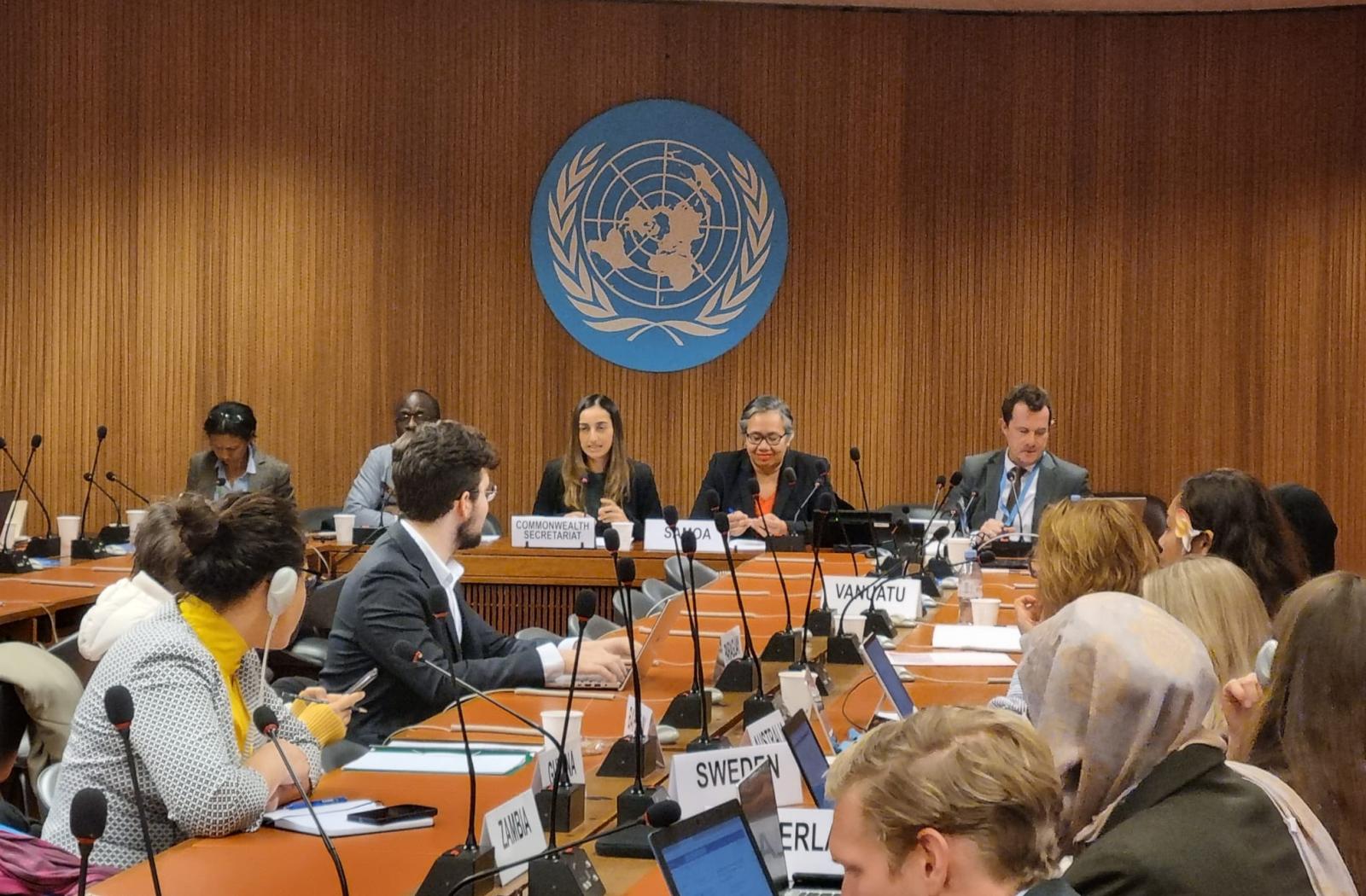
The Commonwealth Secretariat’s Human Rights Unit (HRU) launched a survey in January 2022 to assess the effectiveness of domestic mechanisms to report on member countries’ international human rights obligations.
One of the most effective ways of meeting the challenge of reporting on international human rights obligations is to establish effective national coordinating frameworks to undertake all reporting obligations, which has been internationally recognised as good practice. The Commonwealth Secretariat has been assisting several member states in promoting this good practice at the national level by establishing National Mechanisms for Implementation, Reporting and Follow-up (NMIRF).
Through country responses, the survey found that whilst there is a clear trend among Commonwealth countries towards the establishment of single inter-ministerial systems focused on human rights reporting, more training, greater resource allocation and more reliable information management programmes are needed to help strengthen data collection.
The Universal Rights Group (URG), a think-tank based in Geneva, partnered with the Commonwealth Secretariat to conduct the survey and analyse its results. Commonwealth member states that responded to the survey were: Australia, Eswatini, Jamaica, Kenya, Kiribati, Lesotho, Malaysia, Maldives, Mauritius, Rwanda, St Vincent and the Grenadines, Samoa, Seychelles, Singapore, The Gambia, the United Kingdom, and Vanuatu.
The Commonwealth Secretariat published the survey outcome titled ‘Bridging the Human Rights Implementation Gap: A Commonwealth Survey’ and launched it at an event with a panel of experts at the United Nations Office in Geneva on Friday 17 February.
Dr Shavana Haythornthwaite, Head of Commonwealth Secretariat’s Human Rights Unit, said:
"Commonwealth member states increasingly face the challenge of effectively fulfilling their reporting obligations under numerous UN human rights instruments and mechanisms."
"Helping our member states to meet this challenge is one of the primary objectives of the Commonwealth Secretariat HRU."
"An effective NMIRF can coordinate with all relevant national agencies and other stakeholders, including civil society, to monitor and report on the implementation of a state’s international human rights obligations."
"By conducting this survey we have identified further areas where the HRU can offer Commonwealth countries support and training around NMIRF strengthening, helping to further improve the cohesiveness and accuracy of data Commonwealth-wide."
NMIRF obligations include reporting to Treaty Bodies on the national implementation of the core international human rights instrument to which a state has become a party and reporting on the implementation of recommendations accepted during its Universal Periodic Review (UPR) at the UN Human Rights Council (HRC).
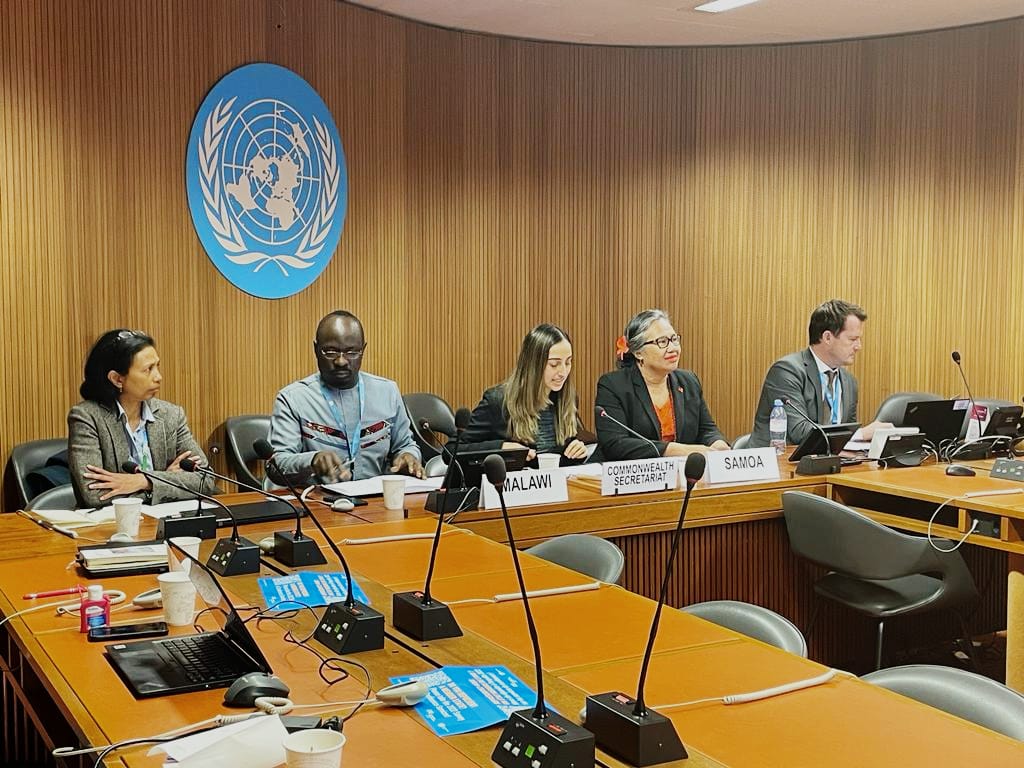
Members of Friday’s panel, moderated by Dr Haythornthwaite, included Samoa’s Permanent Representative to the UN in Geneva, H.E. Ms Nella Pepe Tavita-Levy; Malawi’s Deputy Permanent Representative to the UN in Geneva, Mr Pacharo Kayira; Human Rights Officer of the Human Rights Treaties Division, Ms Nosy Ramamonjisoa, and the Executive Director of the Universal Rights Group Mr Marc Limon. The panellists and those member states that contributed to the discussion seemed to agree on one key fact: NMIRFs play a critical role in bridging the human rights implementation gap, which has been widening since the introduction of the UPR mechanism in 2008 and due to the increased phase of the state ratification of the core international human rights instruments in the past several decades.
While the exact form of NMIRFs varies from country to country, they enjoy several common characteristics. For example, all NMIRFs are founded upon an understanding that they are more efficient than traditional systems for implementation and reporting – because, in short, they are established as a single, standing human rights implementation mechanism to deal with recommendations from all UN human rights mechanisms. This is in contrast to earlier approaches based on the maintenance of several ad-hoc government bodies for different mechanisms (for example, a national committee on women for recommendations made by the Committee on the Elimination of Discrimination against Women [CEDAW] or a separate committee for UPR reporting and implementation).
The publication also includes case studies from several member states.
Although the surveyed NMIRFs tended to focus more on reporting than implementation and monitoring, that trend is about to change as the UPR mechanism has now reached its fourth cycle with the primary focus being on the sustainable implementation of recommendations. With this focus in mind, the Commonwealth Secretariat’s Human Rights Unit has re-doubled its efforts in supporting our member states to implement the accepted UPR recommendations, and those stem from their engagement with Treaty Bodies with effective NMIRFs being established across the Commonwealth.
Media contact
- Amy Coles Communications Officer, Communications Division, Commonwealth Secretariat

